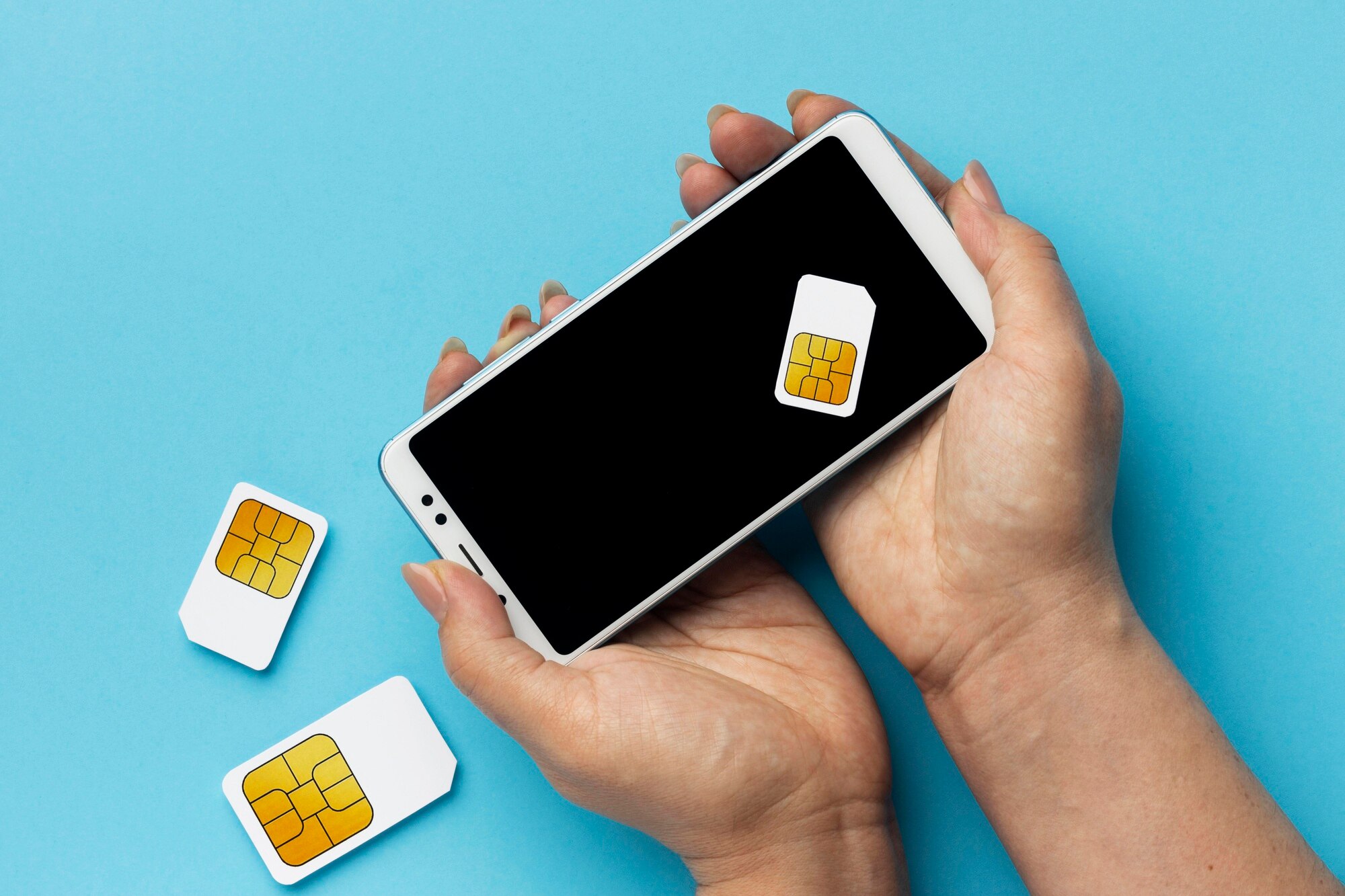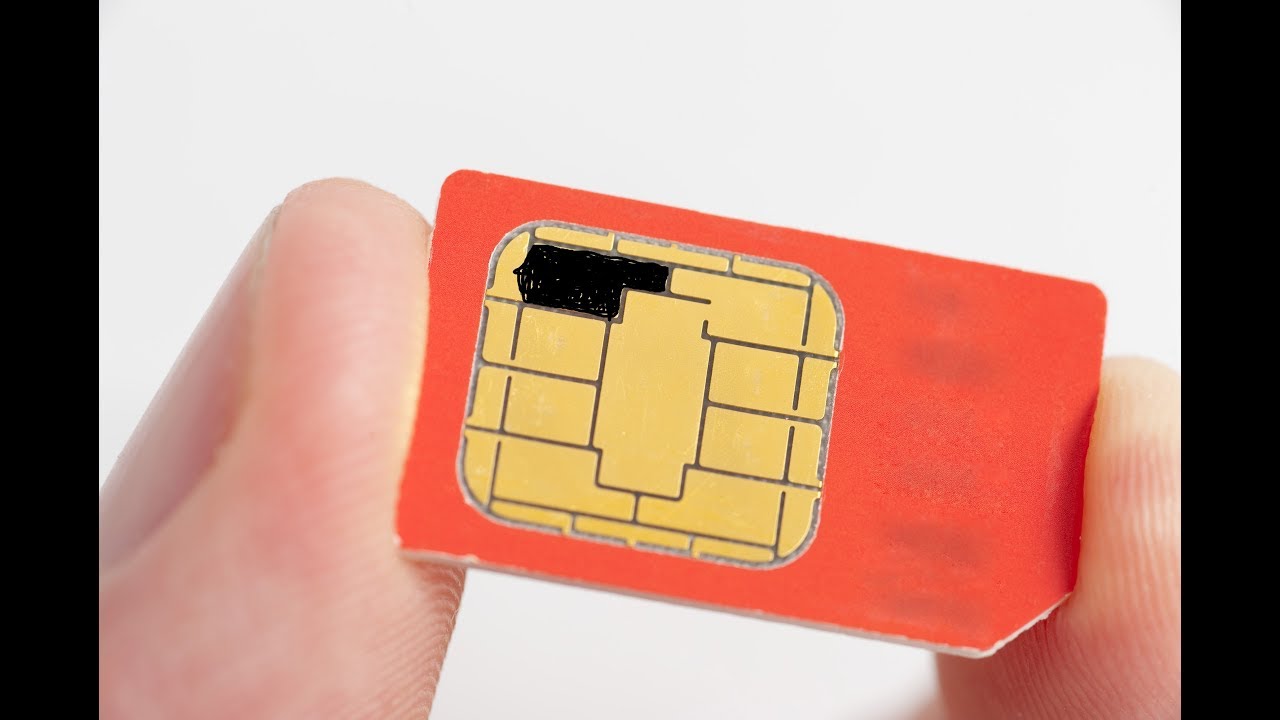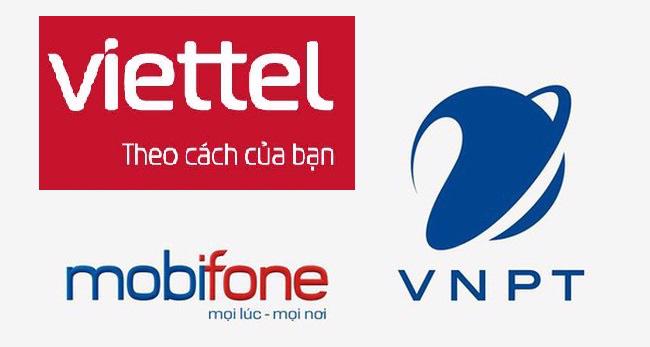
Photo: Collected
When planning a trip to a foreign country, travel sim is amongst things to keep in mind. This means of communication - telecommunication keeps you connected with your beloved ones no matter where you are.
What is a travel SIM and should I get one?
Travel SIMs are SIMs that are specialized for those who travel to a foreign country. They offer a data package that helps you connect to the internet so that you can get all the latest news and stay in touch with people through social platforms.

Physical SIMs are very popular for international travelers to Vietnam (Source: Collected)
During a trip, it is possible to use the free Wi-Fi of the hotel you’re staying in, the restaurants where you are enjoying your meals, or the café where you are enjoying a freshly brewed cup of coffee. However, it’s really hard to connect to free Wi-Fi when you are on the road or at public places in Vietnam such as at a park or a tourist attraction, or even if you succeed to do so, the signal won’t give you the best experience.
Therefore, it is highly recommended that you have a travel SIM to keep you online 24/7.
Types of travel SIM
There are two types of travel SIM, physical SIMs and eSIMs. The latter is much favored since you can easily buy and install one online.
Network carriers in Vietnam
There are 3 main SIM Card providers in Vietnam, which are Viettel, Vinaphone, and Mobifone. Of course there are more choices, but we recommend using these three for their prevalence and wide coverage throughout Vietnam.

3 main SIM Card providers in Vietnam: Viettel, Vinaphone, and Mobifone (Source: Collected)
Viettel Vietnam tourist sim
Viettel is the mobile market leader in Vietnam with about 40% of all customers on its network.
It has the best coverage in remote areas, even on 3G. Here are some of its fast facts:
Viettel offers both regular packages and data plans for tourists to Vietnam. In case you use a regular Viettel SIM Card, you will need to pay the SIM cost (which is around VND 50,000 – 60,000 ~ US $2.5 – 2.8), and then register for a data plan. If you buy a tourist sim card, you only need to pay for the data plan, but it cannot be topped up.
Vinaphone Vietnam tourist sim
Vinaphone is the second operator in Vietnam, occupying 30% of the market share. It gives good coverage and speed throughout the country. 4G/LTE was started on Phu Quoc Island in 2016 and is now rolled out nationwide.
Here are some fast facts about Vinaphone Vietnam tourist sim cards:
Like Viettel, Vinaphone also offers both regular packages and data plans for tourists to Vietnam. In case you use a regular Vinaphone SIM Card, you will need to pay the SIM cost (which is around VND 50,000 – 60,000 ~ US $2.5 – 2.8), and then register for a data plan. If you buy a tourist sim card, you only need to pay for the data plan, but it cannot be topped up.
Mobifone Vietnam tourist sim
Mobifone holds around 20% market share of the country and is currently in the process of becoming privatized. Its data speeds and coverage may be good in the centers and around the coast, but can be patchy in the mountains.
Here are some fast facts about Vietnam tourist sims provided by Mobifone:
How much data does a tourist need when traveling in Vietnam?
For most trips, 3GB or 5GB of data will be enough to cover common internet usage.

Source: Collected
However, if you are planning on using the internet more or if you are traveling for a month, you might want to consider the 12GB data package. But in case you are in a business, a higher data and/or longer package may be required.
Where to buy a Vietnam travel sim card
You may have 02 ways to buy a Vietnam travel sim card, which are:
Buy Vietnam SIMs online
An eSIM is highly recommended if you want to get a Vietnam sim online and have eSIM compatible devices, as it requires neither waiting time for delivery nor presence at any counter to get it. It also can be ordered no matter where you are, helping you better prepare for your trip.
The eSIM will be installed on your phone via a QR Code sent to your email immediately after you make the order online before your departure, and is activated immediately when you land in Vietnam.
Buy SIM cards in Vietnam
There are literally thousands of places to purchase a tourist SIM card in Vietnam. Many counters at the airports, travel agencies, local stores, and even some hotels offer them.
But it is best to purchase a Vietnamese SIM card either at the airport or at one of the official stores of the mobile network providers.
How to activate Vietnam SIM cards?
In case you get an eSIM, you will get the guide for installation and use.
In case you get a physical SIM card in Vietnam, ask the salesperson to insert it to your phone and complete all the steps to choose a 4G plan. If a Nano-SIM card is needed, they will adjust the size accordingly. No activation code is needed. Your SIM card takes effect immediately.
Reference: www.vietnam-visa.com